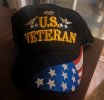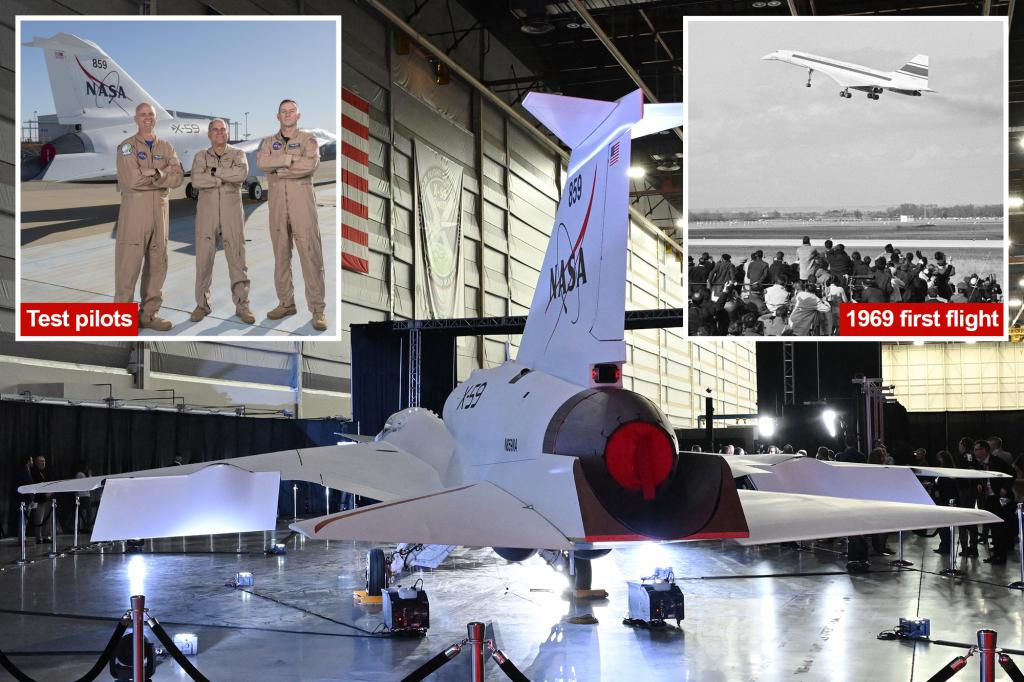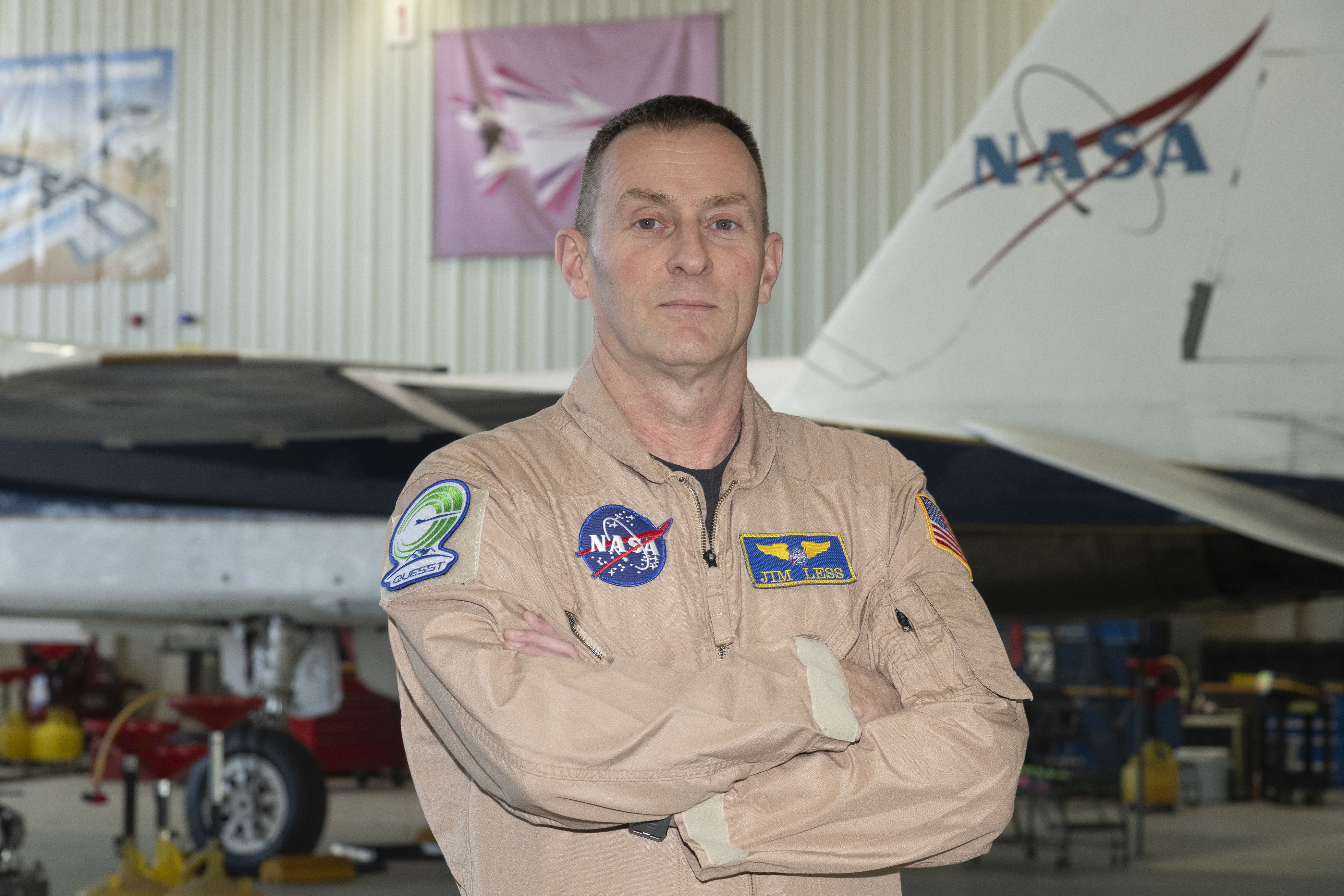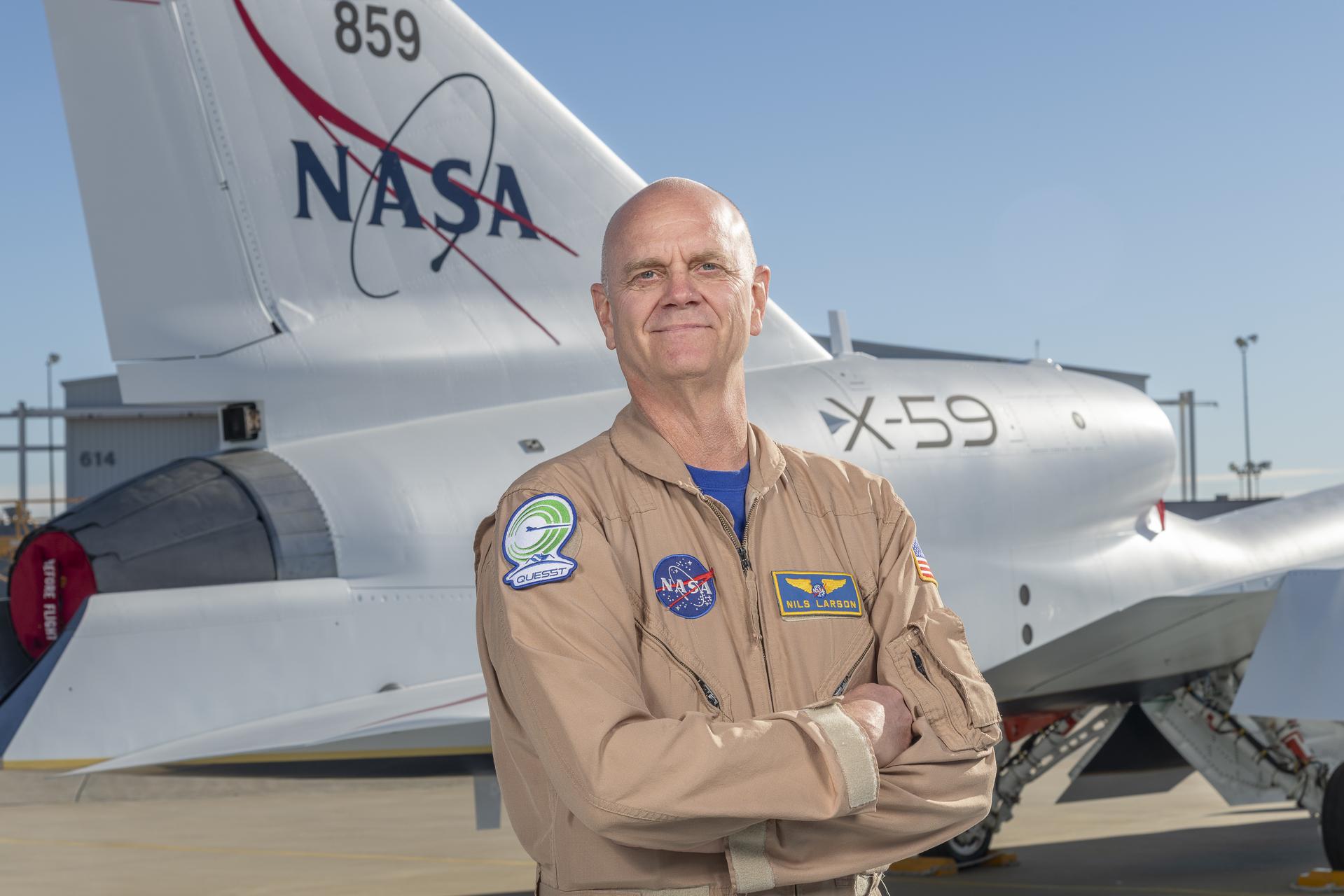Not necessarily, but flying opportunities are definitely reduced once you hit O-6. Carrier COs/XOs and typewing commodores/their deputies fly, and there are other O-6 flying billets out there (weapons school, VX-9, other test commands, etc). The amount of flight time is definitely less overall though.
For your second question, it’s pretty simple: they want to command an aircraft carrier.
Additionally, if they decide to stick around after that tour and had a successful carrier co tour, they have a decent chance of becoming an admiral. When you get to that point in your career, the flying isn’t the main reason for continuing.
For your second question, it’s pretty simple: they want to command an aircraft carrier.
Additionally, if they decide to stick around after that tour and had a successful carrier co tour, they have a decent chance of becoming an admiral. When you get to that point in your career, the flying isn’t the main reason for continuing.




